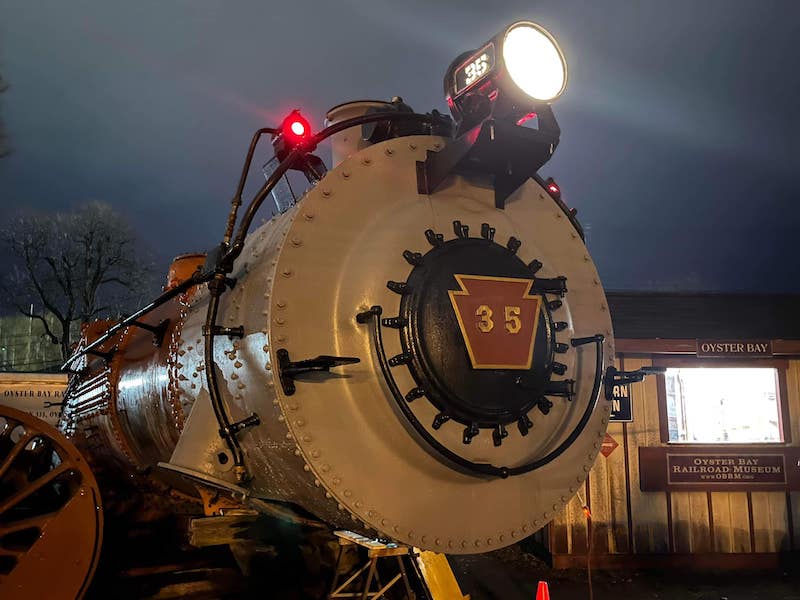THE Europe’s Rail Joint Undertaking (EUJU) has announced that seven new projects costing €21.2m in total will receive €11.7m of co-funding under its 2023 Call for Proposals for rail research and innovation.
Beneficiaries include the Quieter Rail project led by the European Rail Industry Supply Association (Unife), which aims to improve the prediction, mapping and acceptance testing of the noise and vibration created by rail operations, as well as developing cost-effective mitigation.
Next-generation technologies for enhanced metro operations are being developed under the Nexus project led by Italian company STEM, which is also receiving EUJU co-funding.
The International Union of Railways (UIC) is leading a research project named Symbiosis, which stands for “systemic mobilisation for joint biodiversity and infrastructure.”
The Xcross project headed by Delft University of Technology in the Netherlands is working to develop the next generation of level crossing asset management technology.
EUJU co-funding has also been awarded to the Berlin-based European Rail Research Network of Excellence (Eurnex). This organisation, which comprises 35 scientific institutes in Europe and China active in the rail and transport sectors, is working on a project to extendi the scientific community of PhDs within Europe’s Rail.
Led by German Rail (DB), the DAC-Fit consortium has been awarded a grant towards its programme that is developing a strategy for retrofitting the Digital Automatic Coupler (DAC) to Europe’s freight locomotive and wagon fleets.
The final grant award is to the Travel Wise project. Led by Italian consultancy Deep Blue, this aims to “transform aviation and railway solutions towards integration and synergies,” considering rail transport management in a multimodal environment.
In total, 114 companies and organisations from 22 countries will develop new solutions under the 2023 Call for Proposals, supporting work completed under EUJU’s six flagship research projects and other activities.
“In order to satisfy the needs of European citizens and businesses, we must move away from modernising modes of transport in isolation from one another,” says EUJU acting executive director, Mr Giorgio Travaini.
“Better integration of air and rail is expected to improve the predictability and punctuality of journeys, increase resilience to disruption, ultimately enhance the passenger experience and support sustainability targets with increased and optimised use of rail to and from airports.”
The post Europe’s Rail awards seven research grants worth €11.7m appeared first on International Railway Journal.
